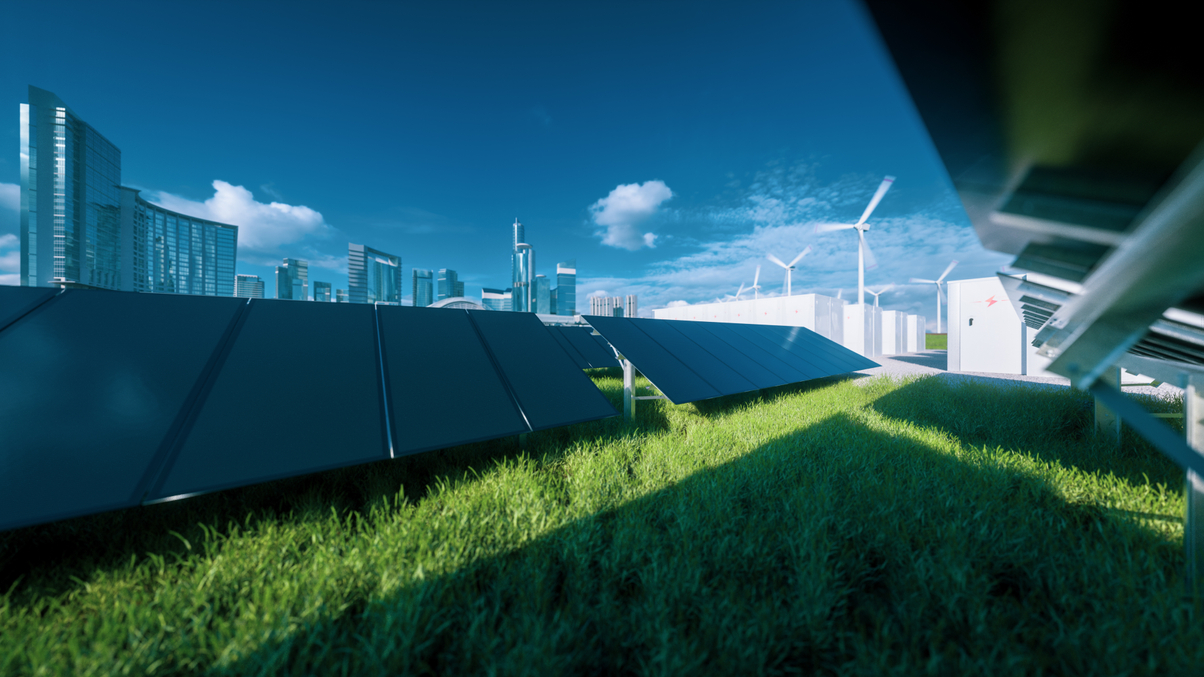Future Fund and NZ Super hone in on green infrastructure assets
The two Apac sovereign funds are focusing on renewable and clean energy infrastructure assets as part of their fine-tuned investment strategies.

Two of Asia Pacific’s (Apac) largest investing institutions are ramping up their focus on infrastructure as they seek to increase their exposure to sustainable assets.
Sign in to read on!
Registered users get 2 free articles in 30 days.
Subscribers have full unlimited access to AsianInvestor
Not signed up? New users get 2 free articles per month, plus a 7-day unlimited free trial.
¬ Haymarket Media Limited. All rights reserved.


